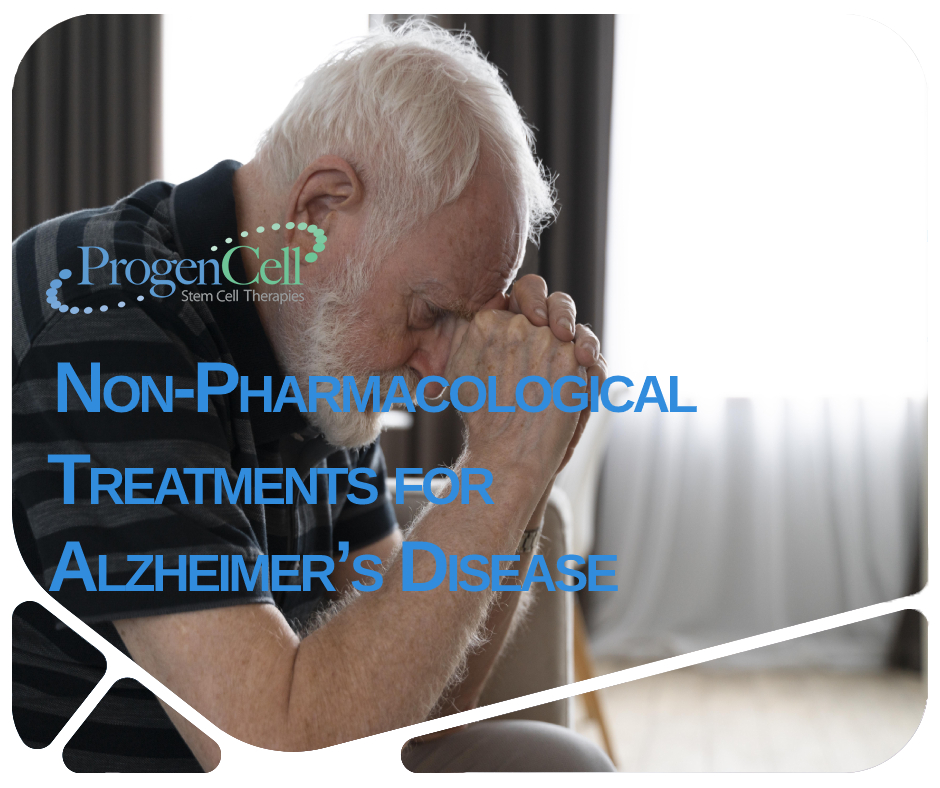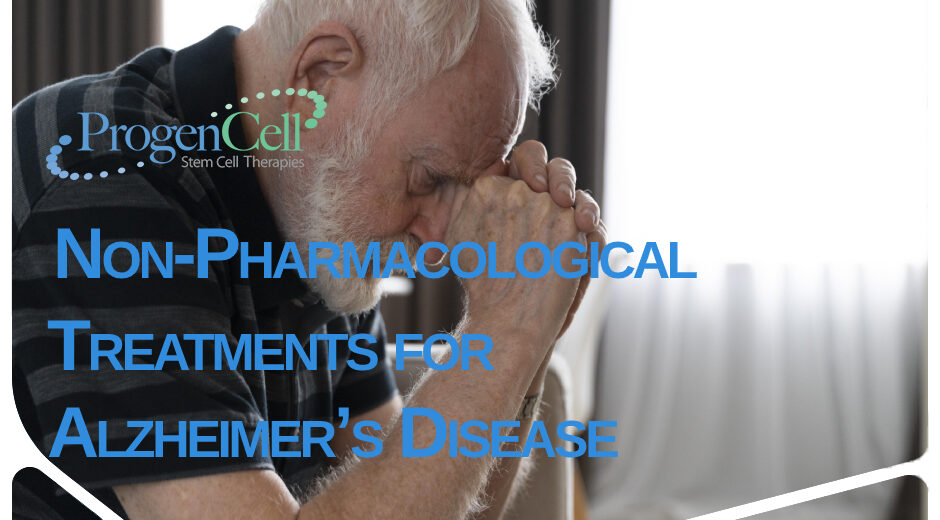
Alzheimer’s Disease is one of the biggest health challenges all over the world. This progressive disease, which destroys brain cells, gradually robs its victims’ cognitive and functional abilities. There is no cure for Alzheimer’s, although a number of treatments can ease, or slow, its development. Many non-pharmacological therapies are able to help Alzheimer’s patients live longer, healthier lives, with no risk involved, including:
Stem Cell Therapy
Table of Contents
Doctors are learning how stem cells—one of the most basic forms of life—can treat Alzheimer’s. Stem cells, collected from donors, are injected into the patient, where they help repair damaged brain cells that are losing neural connectivity. Stem cell therapy is one of the most promising non-pharmacological treatments available.
Call now to speak to a Stem Cell Specialist
External Treatments
There are two types of neurological therapies that have been found to improve memory and functioning. Deep Brain Stimulation is the application of electrical impulses to the Fornix, the area of the brain most affected by Alzheimer’s. Similarly, Repetition Transcranial Magnetic Stimulation uses a magnetic coil, placed on the forehead, to stimulate nerve cells.
Mental Stimulation
Activities that enhance brain activity can help slow the effects of Alzheimer’s, such as performing mathematical equations, learning a new language, or solving puzzles. Also, stimuli that involve creativity and enjoyment improve brain function, such as art therapy, music therapy, or aromatherapy.
Dietary Therapy
Eating a healthy diet is particularly important for Alzheimer’s patients. Research finds that Alzheimer’s patients lack most essential nutrients, such as Vitamins A, C, D, and E, B vitamins, and folate. A diet rich in antioxidants, found in leafy green vegetables, lean meats, and whole grains, is best.
Physical Activity
Activities which enhance the general well-being of the body are used to treat Alzheimer’s. Exercises which target strength, agility, and coordination are especially useful. Walking, swimming, or other sports activities are also beneficial, provided the patient is safely able to perform them. Regular, moderate exercise help keep body and mind in shape.
Emotional Support
Because Alzheimer’s affects life so dramatically, it can be a significant cause of depression, something counseling can help with. One-on-one, group therapy, or any type of “talk” counseling provides an outlet for addressing the emotional burden of Alzheimer’s.
Get Help
If you or a loved one are struggling withstem cell therapy for alzheimer’s and are seeking safe, non-pharmacological intervention, let the doctors and staff at ProgenCell Stem Cell Therapies Tijuana. They can devise a stem cell procedure for your needs. Contact them today. Ask about our best services such as stem cell therapy for rheumatoid arthritis, stem cell treatment for multiple sclerosis and stem cell treatment for diabetes.










Facebook Comments